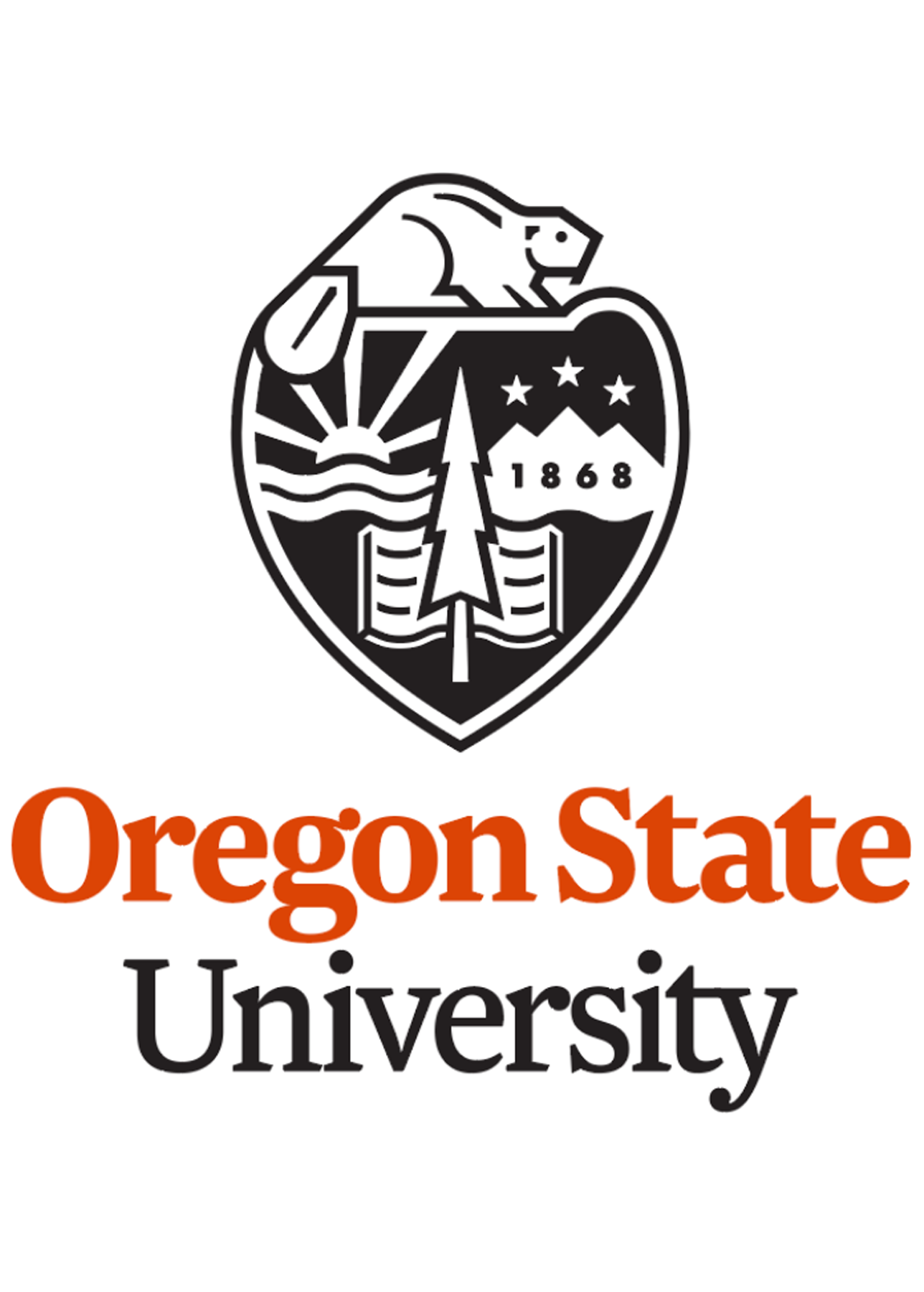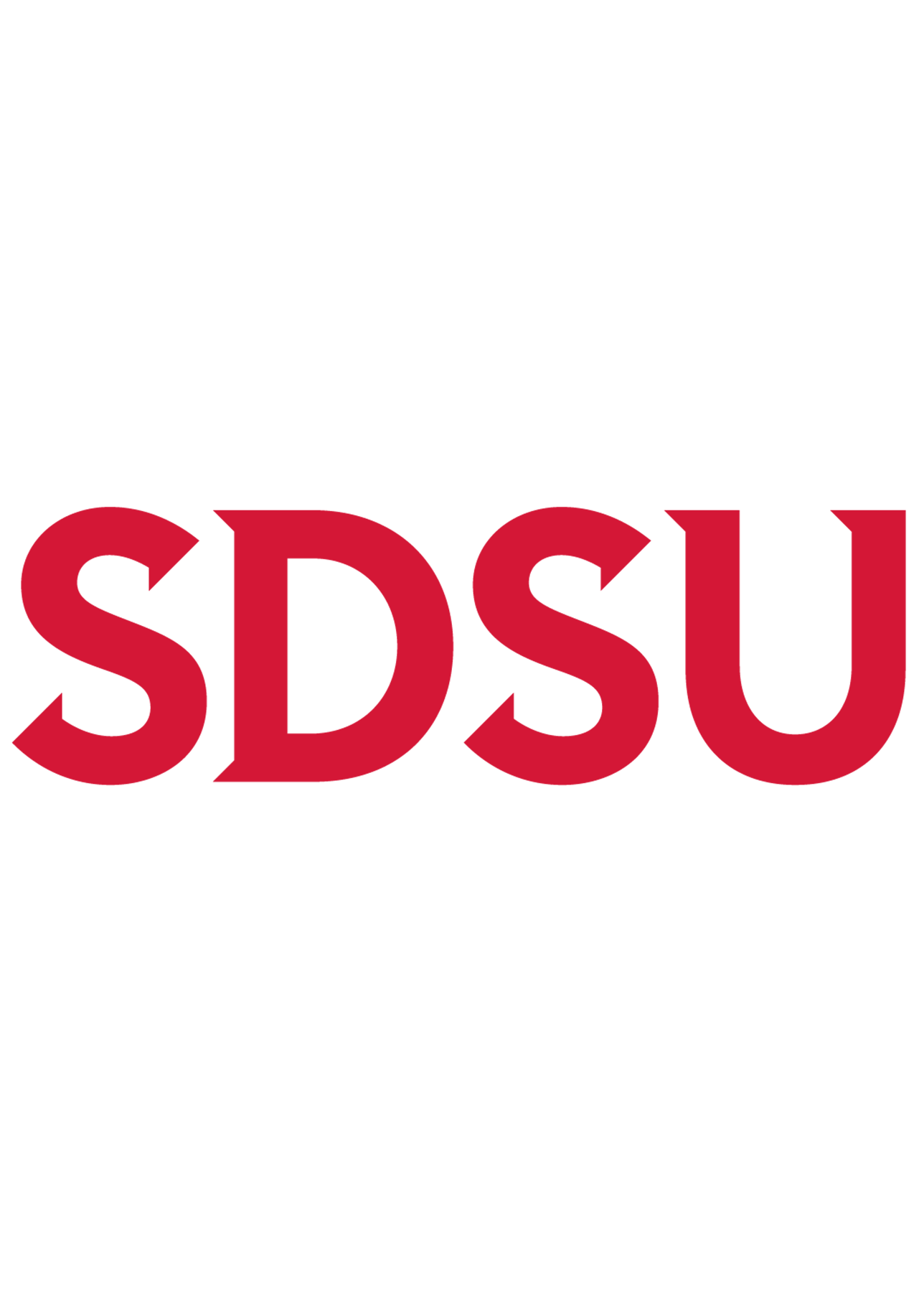An online bachelor’s degree in economics prepares graduates for careers in a variety of fields, including business, government, finance, academia, consulting, and research. This degree also provides a strong foundation for students who want to pursue graduate study in economics and prepare for high-level positions.
Employment of economists is expected to grow by 6% through 2032, according to the U.S. Bureau of Labor Statistics. The median annual pay for economists is $115,730. Meanwhile, budget analysts earn a median annual salary of $84,940, and the median pay for financial analysts is $99,890.
For a bachelor’s in economics, students must typically earn 120 credits. Full-time students usually complete this degree in four years. This program’s cost varies and mainly depends on the type of school a student chooses. The National Center for Education Statistics reports that the average cost of undergraduate tuition is $7,998 per year at public institutions and $34,923 per year at private institutions.
Why Trust Us
The Intelligent.com Higher Education Team is dedicated to providing students with independent, equitable school and program rankings and well-researched resources. Our expert-driven articles cover topics related to online colleges and programs, paying for school, and career outlooks. We use data from the U.S. Department of Education’s College Scorecard, the National Center for Education Statistics, and other reputable educational and professional organizations. Our academic advisory team reviews content and verifies accuracy throughout the year for the most current information. Partnerships do not influence rankings or editorial decisions.
- Analyzed over 2,000 national, accredited, and nonprofit colleges and universities
- 800+ rankings pages are reviewed and updated yearly
- Content is informed by reputable sources, surveys, and interviews with academic advisors and other experts
- Over 100 data points are reviewed for accuracy and quality throughout the year, including sources
How we rank schools
Our list features the best online Economics degree programs at top colleges nationwide. Each school featured is a nonprofit, accredited institution — either public or private — with a high standard of academic quality for post-secondary institutions.
We evaluated each school’s program on tuition costs, admission, retention and graduation rates, faculty, reputation, and the student resources provided for online students. We collected data from trusted sources like the National Center for Education Statistics, individual school and program websites, school admissions counselors, and other data sources. Then, we calculated the Intelligent Score on a scale of 0 to 100 based on the following criterion:
Academic Quality:
- Admission rate versus enrollment rate
- Retention rate of students who return after year one
- Accreditation status (regional and programmatic)
- Nonprofit status, both private and public institutions
Graduation Rate
- Overall graduation rate
- Total number of currently enrolled students, including diversity metrics
- Student-to-faculty ratio
Cost and ROI
- In-state and out-of-state per-credit tuition rates and fees
- Required credits to graduate
- Earning potential after graduation
- Availability of federal student loans, scholarships, and other financial aid options
Student Resources
- Available student services for online-only and hybrid programs
- On-campus amenities like tutoring centers and the number of libraries
Read more about our ranking methodology.
Best 27 Online Bachelor's in Economics Programs
FiltersInstitution Type
Status
- Intelligent Score
- Alphabetically By University Name
- Acceptance Rate
- Enrollment
- In-state Graduate Tuition
- Out-of-state Graduate Tuition
- In-state Undergraduate Tuition
- Out-of-state Undergraduate Tuition

University of Utah
Intelligent Score: 99.78In-state: $7,412
Out-of-state: $26,017
In-state: $6,666
Out-of-state: $6,666
SAT: 1130-1350
ACT: 22-29
$260
Online, On-Campus
Northwest Commission on Colleges and Universities
122

Florida International University
Intelligent Score: 99.35In-state: $4,721
Out-of-state: $16,529
In-state: $8,912
Out-of-state: $8,912
SAT: 1110-1260
ACT: 23-29
In-State: $235
Out-of-State: $648
Online
Southern Association of Colleges and Schools Commission on Colleges
120

Utah State University
Intelligent Score: 98.72In-state: $6,732
Out-of-state: $21,677
In-state: $6,164
Out-of-state: $6,164
SAT: 1080-1320
ACT: 21-29
$382
Online, On-Campus
Northwest Commission on Colleges and Universities
120

Oregon State Ecampus
Intelligent Score: 98.38In-state: $9,846
Out-of-state: $29,445
In-state: $13,257
Out-of-state: $13,257
SAT: 1080-1310
ACT: 21-29
$350
Online
Northwest Commission on Colleges and Universities
120

Washington State University School of Economic Sciences
Intelligent Score: 97.90In-state: $10,202
Out-of-state: $25,145
In-state: $11,781
Out-of-state: $11,781
SAT: 1020-1210
ACT: 20-26
Resident: $567
Non-Resident: $632
Online, On-Campus
Northwest Commission on Colleges and Universities
120

North Carolina A&T State University
Intelligent Score: 96.02In-state: $3,540
Out-of-state: $17,050
In-state: $4,745
Out-of-state: $4,745
SAT: 960-1130
ACT: 17-22
Resident: $120
Non-Resident: $581
Online
Southern Association of Colleges and Schools Commission on Colleges
120

PennState World Campus
Intelligent Score: 93.83In-state: $15,025
Out-of-state: $24,413
In-state: $22,464
Out-of-state: $22,464
SAT: 1070-1300
ACT: 24-29
$671
Online
Middle States Commission on Higher Education
120

Colorado State University
Intelligent Score: 92.18In-state: $9,426
Out-of-state: $28,147
In-state: $10,520
Out-of-state: $10,520
SAT: 1070-1280
ACT: 23-29
$476
Online, On-Campus
Higher Learning Commission
120

University of Hawai?i at M?noa Economics
Intelligent Score: 90.17In-state: NA
Out-of-state: NA
In-state: NA
Out-of-state: NA
SAT: 940-1120
ACT: 16-21
Resident: 471
Non-Resident: $1,389
Online
Western Association of Schools and Colleges Senior College and University Commission
120- 131

Fort Hays State University
Intelligent Score: 89.80In-state: $4,140
Out-of-state: $14,580
In-state: $3,726
Out-of-state: $3,726
SAT: N/A
ACT: N/A
$242
Online, On-Campus
Higher Learning Commission,
120

Arizona State University
Intelligent Score: 88.95In-state: $10,710
Out-of-state: $28,800
In-state: $11,720
Out-of-state: $11,720
SAT: 1100-1320
ACT: 21-28
$563
Online
Association to Advance Collegiate Schools of Business
120

SDSU Global Campus
Intelligent Score: 88.46In-state: $5,742
Out-of-state: $17,622
In-state: $7,176
Out-of-state: $7,176
SAT: 1090-1300
ACT: 22-29
Resident: $294
Non-Resident: $714
Online
Western Association of Schools and Colleges Senior College and University Commission
120

Eastern New Mexico University
Intelligent Score: 87.76In-state: $4,074
Out-of-state: $6,114
In-state: $5,351
Out-of-state: $5,351
SAT: 950-1160
ACT: 17-23
Resident: $174
Non-Resident: $257
Online, On-Campus
Accreditation Council for Business Schools and Programs
120

UMass Lowell
Intelligent Score: 87.56In-state: $15,791
Out-of-state: $35,779
In-state: $14,014
Out-of-state: $14,014
SAT: 1200-1390
ACT: 27-32
$385
Online
New England Commission of Higher Education
120

Eastern Oregon University
Intelligent Score: 86.68In-state: $7,830
Out-of-state: $20,520
In-state: $17,550
Out-of-state: $17,550
SAT: N/A
ACT: N/A
$286
Online
International Accreditation Council for Business Education
120

University of West Georgia
Intelligent Score: 85.67In-state: $4,371
Out-of-state: $15,426
In-state: $4,338
Out-of-state: $4,338
SAT: 900-1090
ACT: 17-22
$182
Online, On-Campus
Association to Advance Collegiate Schools of Business
120

Ottawa University
Intelligent Score: 85.66In-state: $29,980
Out-of-state: $29,980
In-state: $15,576
Out-of-state: $15,576
SAT: 750-990
ACT: 18-22
$499
Online, On-Campus
Accreditation Council for Business Schools and Programs
120

PennWest California
Intelligent Score: 85.42In-state: $7,716
Out-of-state: $11,574
In-state: $9,288
Out-of-state: $9,288
SAT: 920-1120
ACT: 17-23
Resident: $322
Non-Resident: $328
Online, On-Campus
Accreditation Council for Business Schools and Programs
120
How to Choose an Online Bachelor’s in Economics Degree Program
Choose your area of study
Students may earn a Bachelor of Science (BS) or a Bachelor of Arts (BA) in economics. Bachelor of Arts programs offer a broader curriculum with a more theoretical approach to the field. Bachelor of Science programs prepare students for applied economic positions with an emphasis on mathematics and quantitative elements.
Many programs will allow you to select a concentration and focus your studies on a particular niche in this field, such as finance, management, industrial organization, or public policy. If you already know what you would like to do after you graduate, look for programs that closely match these career goals.
Research schools and programs
You should only apply to institutions that have been approved by a DOE-recognized regional accrediting organization, such as the New England Commission of Higher Education or Northwest Commission on Colleges and Universities. These organizations evaluate schools to ensure they provide students with a high-quality education. Those who attend a school that isn’t regionally accredited may be unable to access financial aid or transfer credits to another institution if needed.
Here are some valuable questions to ask when researching schools:
- How do students interact with classmates and faculty?
- Who are the faculty members, and what are their qualifications?
- Are there any experiential learning components, like internships?
- What networking opportunities are available to online students?
- What support services does the school provide to online students?
To learn more about any schools that you’re interested in, you can visit the school’s website, contact an admissions counselor, follow the school on social media, or attend an in-person or virtual open house.
Prepare for tests and applications
Carefully review the school’s admissions processes, and check with an admissions counselor if you have any questions. Application procedures and requirements vary among schools, so it might be helpful to create a spreadsheet or checklist to keep track of submissions, especially if you’re applying to multiple schools.
A standard application for an online bachelor’s in economics consists of:
- Completed application and required fees
- Official high school transcript showing proof of graduation or a GED
- Letters of recommendation from teachers, employers, and mentors who can speak to your academic potential
- An essay or personal statement
- A resume or CV
Some schools still require SAT or ACT scores. However, schools are increasingly implementing test-optional policies. Students should also check if there are specific requirements such as a minimum high school GPA.
Students who have previous college credits from another institution should also submit their transcript from that school, so their credits can be applied to their new degree program.
Select your program
Review the program’s curriculum, faculty, and course delivery methods to find the ones that best meet your needs. For some students, there may be only one or two schools that fit their parameters. Other students apply to several schools to increase their admissions chances. There’s no right or wrong number of schools to apply to, but students should keep in mind that most schools charge application fees, which can quickly add up.
Before making your final decision, review your needs and goals again. Do you plan to attend school full-time or part-time? Do you want your program to be as online as possible, or are you fine with a hybrid program that has a fair amount of in-person requirements? Some programs offer asynchronous courses, which can be completed at your own pace, while others only offer synchronous courses, which involve remotely attending lectures and completing assignments at the same time as other students — which of these two online learning formats do you prefer? Your school should accommodate your scheduling needs and learning preferences.
Determine how you’ll pay for your degree
Begin planning early by contacting the school’s financial aid office and getting clarity on the program’s total cost and financial aid options.
Most students will want to complete the Free Application for Federal Student Aid (FAFSA), which schools use to determine students’ eligibility for need-based financial aid like student loans, grants, work-study, scholarships, and assistantships. Many schools and external organizations offer merit-based aid for high-achieving students, including scholarships, grants, and fellowships.
Students working while earning their degree can inquire about employer tuition assistance benefits. Veterans or active-duty military members should explore tuition discounts and GI Bill benefits. It’s also common for schools to offer payment plans so students can pay tuition in installments.
What Can You Expect from an Online Bachelor’s in Economics Degree Program?
Most bachelor’s in economics programs require 120 credits, with a curriculum that covers basic to advanced economic skills and concepts.
Students learn how to analyze economic patterns and changes and understand market and consumer behavior to help organizations assess risk and opportunities. They also develop transferable skills like analysis, communication, and critical thinking.
Internships or other experiential learning requirements are common in this degree program. Programs might also feature a capstone project, in which students demonstrate the theoretical and practical knowledge they gained in the program with a comprehensive project.
Potential courses you’ll take in an online bachelor’s in economics degree program
- Survey of International Economics. Students study international trade issues, monetary topics, and theory. Topics encompass currency issues and global economic policies.
- Public Economics. Students learn about the role of government in the economy, including the benefits of government policy.
- Banking and Financial Economics. This course focuses on basic economic theory and the practices of financial institutions. Students will discuss economic outlook changes or policies that influence the world’s economy.
- Applied Regression Economics and Forecasting. This class focuses on how institutions and businesses use statistical modeling. Students will study how to predict future economic outcomes.
- Economic Statistics. Estimation, sampling, probability distribution, and confidence intervals are covered. Learners explore the practical application of statistical methods to today’s economic trends.
What Can I Do With an Online Economics Degree?
Career outlook
A bachelor’s degree in economics prepares students for entry- and mid-level jobs focusing on collecting and analyzing data, especially related to finances. These skills are in demand in a number of sectors, including government and public policy, finance, business, and healthcare. Some common jobs for individuals with bachelor’s degrees in economics are actuary, budget analyst, and financial analyst.
Another option is to pursue a master’s degree in economics, such as a Master of Science (MS) or Master of Business Administration (MBA). These advanced degrees help students sharpen their skills so that they can tackle high-level research and analysis and are a common requirement for economist jobs. Depending on the program, students may be able to pursue their master’s immediately after earning their bachelor’s.
Students interested in analyzing financial information should also consider online master’s in accounting programs, as this may be a better fit for your personal interests and career goals.
Some of the most common jobs for workers with these degrees include:
- Economist — Research economic issues related to education, the labor force, international trade, and other topics by collecting and analyzing data. Advise businesses, governments, and individuals based on this research and analysis.
- Median annual salary: $115,730
- Projected employment growth (through 2032): 6%
- New jobs projected: 1,200 per year
- Budget analyst — Help public and private organizations plan their finances by preparing budget reports and monitoring organizational spending.
- Median annual salary: $84,940
- Projected employment growth (through 2032): 3%
- New jobs projected: 3,600 per year
- Actuary — Use mathematics, statistics, and financial theory to assess the risk of potential events and help businesses and clients develop policies that minimize the cost of that risk.
- Median annual salary: $120,000
- Projected employment growth (through 2032): 23%
- New jobs projected: 2,300 per year
Online Bachelor’s in Economics Degree Frequently Asked Questions
How do I apply to an online bachelor’s in economics degree program?
Speak to an admissions counselor for the most accurate information about how to apply to a specific online bachelor’s in economics program.
In general, students complete an online application and submit supplemental materials through a school’s online application portal. Undergraduate students may submit the Common Application, which facilitates applications to multiple schools. To be considered official, transcripts and test scores usually have to be sent directly from the school or testing agency, respectively.
Letters of recommendation should come from teachers, employers, or colleagues who can speak to your academic and professional abilities and skills, especially as they relate to this field. Give yourself sufficient time to craft a well-written personal essay and ask a trusted teacher, counselor, or friend to review it before submitting.
How much does an online bachelor’s in economics degree program cost?
Contact schools directly and speak to a financial aid counselor about tuition, fees, and financial aid for the most accurate answer.
Costs vary from school to school, but the average undergraduate tuition at public universities is $7,998 per year. In contrast, private universities charge, on average, $34,923. Also, most schools will charge students additional fees beyond tuition for things like virtual classroom technology, library resources, labs, and more.
How long does it take to earn an online bachelor’s in economics degree?
Most online bachelor’s in economics programs are designed to be completed with four years of full-time study. Part-time students may take longer to complete the program. Students who want to finish their degree faster can inquire about accelerated programs that allow students to take a higher credit load each term. Additionally, students who have an associate degree or other previously earned college credits can transfer credits to a new program, cutting down on program completion time.
Is an online economics degree worth it?
An economics degree equips students with an array of in-demand skills, including analytical and critical thinking, research experience, and an understanding of complex financial and economic concepts. The employment outlook for many common career paths for this degree, including economists and actuaries, are expected to grow at a faster-than-average pace in the coming decades.
This degree can also lead to higher-than-average salaries. Economists earn a median annual wage of $115,730, well above the overall median wage, which is $48,060. For economists working in scientific research and development, the median annual wage is $140,940. For those working in the federal government, the median annual wage is $135,200.

